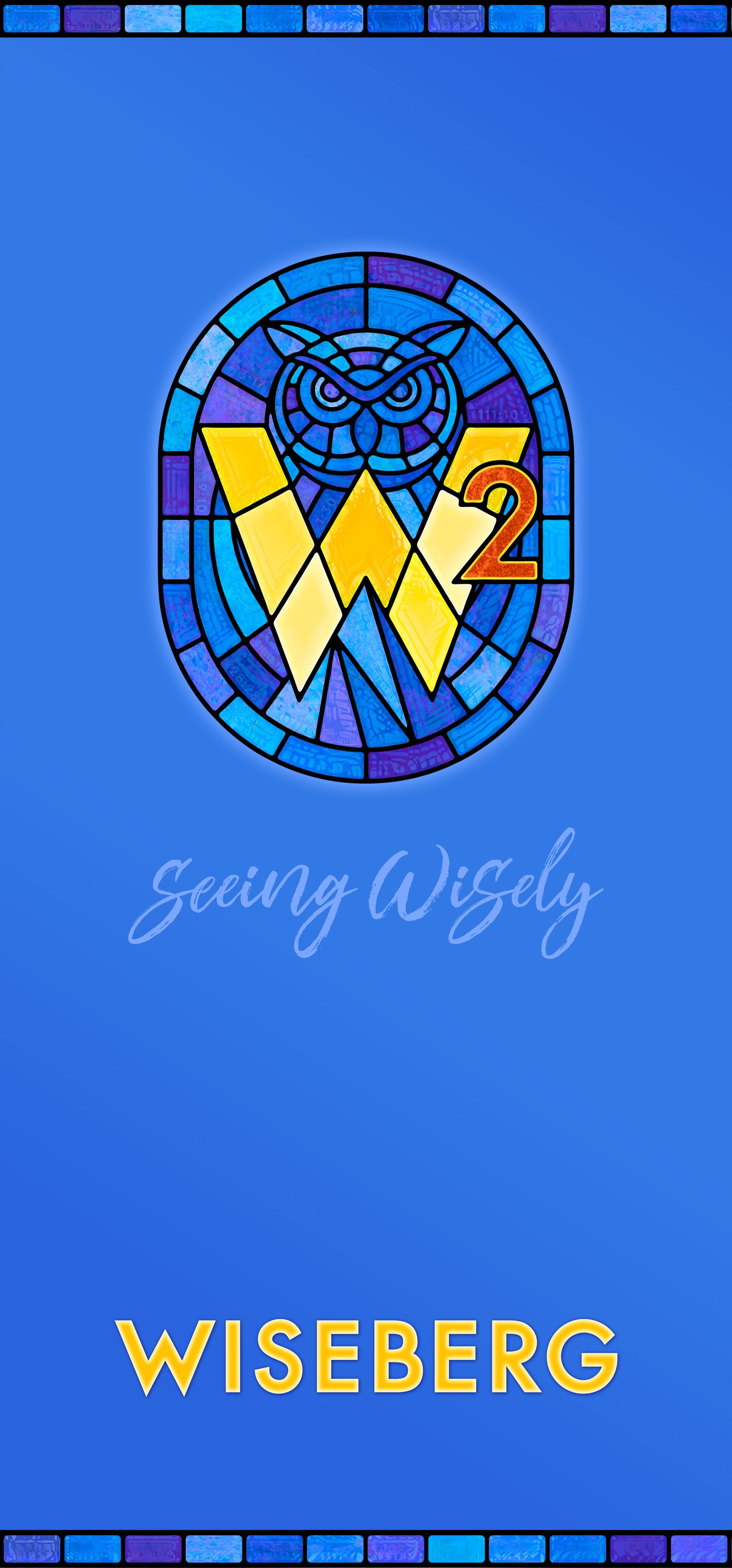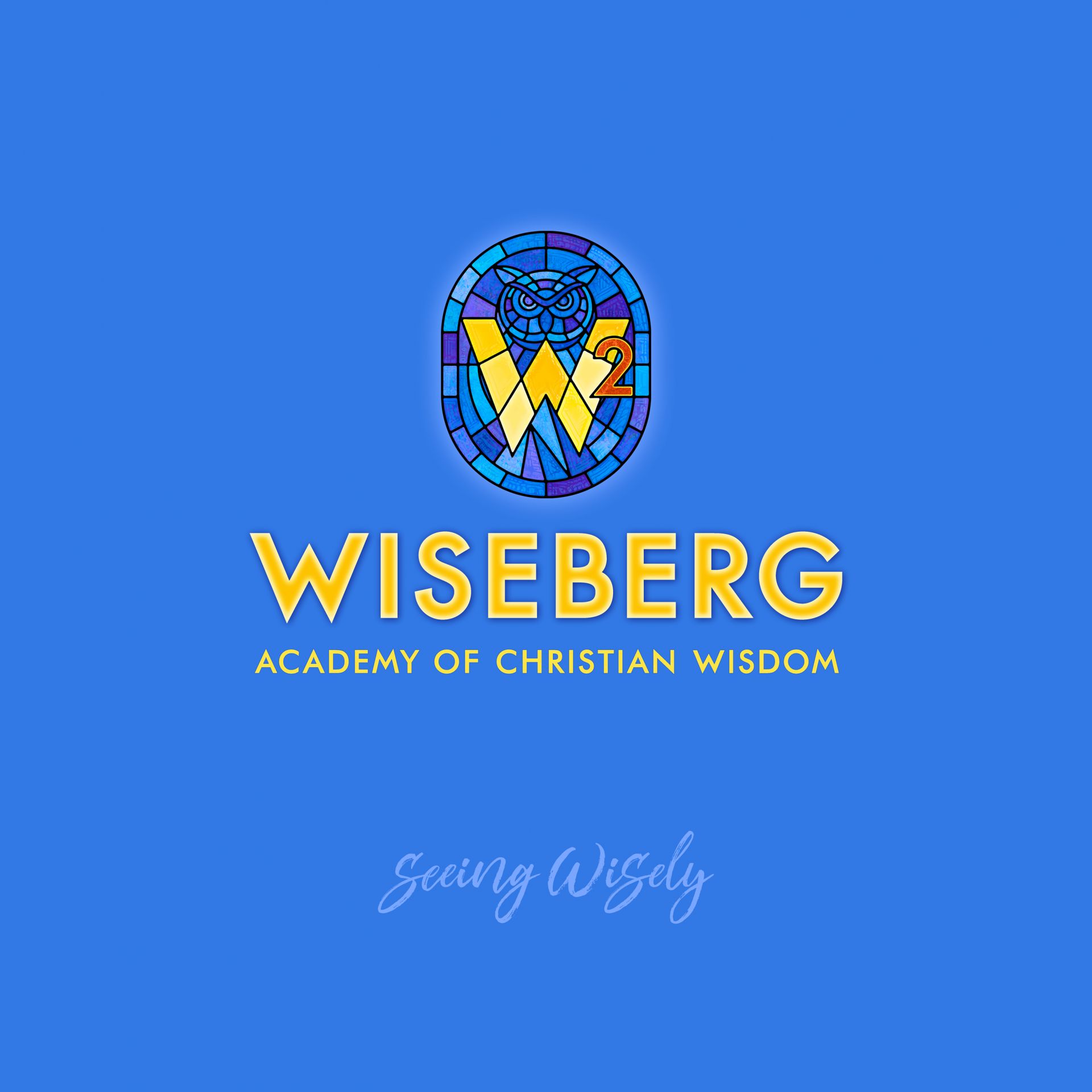(1) Privatization of faith/ Sunday-Monday Gap: the need
to understand how all-embracing and practically beneficial Christian worldview
is.
(2) Cultural pressures: the need to understand the trajectory
of cultural changes and to offer viable Christian alternatives.
- From inconsistent fragmentation to coherent
and unifying big picture view,
- From subjective feelings based to objective
external reality-based view,
- From emphasis on rights and entitlements
to joyful embrace of our creaturely duties and responsibilities.
(3) Apologetic: the need to present Christian worldview winsomely to the peoples and cultures who have only distorted views on what Christian way is about.
(1) The Holy Scripture as foundation, with emphasis
on:
(a) Theology of Creation,
(b) Wisdom Theology,
(c) Biblical Anthropology.
(2) Lutheran Theology, with emphasis on:
(a) Luther’s anthropology,
(b) Luther’s teaching of vocation,
(c) Theology of the Word, Law and Gospel, and more.
(3) Cultural Anthropology, with focus on:
(a) Concept of worldviews,
(b) Concept of culture.
(4) Contemporary research in related fields.
(5) Continuous pursuit of deeper understanding and integration of all the above.
(1) What we want to teach/promote?
(a) The concept of God’s good design, the
order or creation, the Creator’s wisdom.
(b) The concept of worldview,
life-organizing story, the world-picture.
(c) Both together as “The Glasses of Wisdom”.
(2) What aspects of life are we aiming to transform?
(a) Wisdom for Life: focus on individuals;
(b) Wisdom for Relationships: focus on
marriages;
(c) Wisdom for Workplace: focus on economic
activities;
(d) Wisdom for Church: focus on congregations
(3) Who may benefit from this project?
(a) Individuals: through online lectures and
face-to-face seminars.
(b) Couples: through online lectures and
face-to-face seminars.
(c) Christian secondary and tertiary
educational institution.
(d) Christian organizations: business, non-profits by shaping their organizational culture.
(e) Pastors & congregations: Biblical
wisdom for finding their way.
(f) Whoever else outside of Christian
community may want to benefit from it.
(4) How would we deliver this project?
(a) Creating a community of wisdom students/
and companies.
(b) Providing online lectures: for
individuals, couples and organizations.
(c) Creating a network of trained
facilitators/representatives.
(d) Providing face-to-face seminars: for
individuals, couples and organizations.
(e) Making this community accessible and
Wiseberg programs available in as many languages as possible.
(f) Aiming to have regional/language representatives.
(g) Through the distributors: educational
institutions teaching individuals.



